What’s all the fuss about investing?
Investing this, investing that… It feels like more people than ever are talking about investing these days. If you have no idea what everyone’s on about, our intro to investing is just what you need. Keep reading to find out exactly what on earth investing is and why it’s important.
Why should you care about investing?
Investing is basically another way to grow your money. You can even use the money you earn through investing as an income for yourself.
So people invest in order to grow their money, beat inflation and build wealth.
Inflation erodes the value of your money and savings over time. Because returns from investments are usually higher than inflation on average over time, investing is one of the best ways to grow your money and outpace inflation.
Savings accounts do help you grow your money. But the interest rates are often lower than inflation, making the returns minimal. So overall, your money is still losing value over time, but not as much as if you were keeping it under your mattress.
Is investing risky?
There’s always some element of risk involved in investing. The risk can be higher or lower depending on the type of investment you choose, but it’s never zero.
In the investing world, a low risk investment will usually be more stable and generate lower returns while a high risk investment will often be more volatile and result in higher returns.
When the amount of profit is greater than the initial investment, your investment can be said to have given you positive returns.
Investing is different from saving because you have the potential to earn more money in interest. The money you invest goes into things like businesses. This is what leads to profits – your money grows as the companies grow and earn money. But this might also result in losses too.
Glossary of terms
These are some words you might hear when people talk about investing
Asset – something owned by a person, company, organisation or government that has economic value. This is often money, property or land.
Asset class – a group of similar investments. For example shares, bonds, property, commodities and cash.
Bonds – a type of asset that represents a loan made to a borrower. Governments and companies often use bonds in order to borrow money.
Capital – a resource, such as money, which is used to generate income, a profit or some type of increase of wealth.
Commodities – a basic good that’s interchangeable with other goods of the same type.
Equities – stocks, which are shares in a company. If you’re buying stocks, you’re buying equities.
Fungibility – the ability of a good or asset to be interchangeable with another one. It suggests equal value between the assets.
Gains – increase in amount; increase in resources.
Liability – this is something that a person or company owes, usually money.
Liquidity – this refers to how easy it is to get your money.
Security – a financial asset that can be traded.
Shares – represent ownership in a company. When you own shares in a company, you become a shareholder and own a portion of that company.
